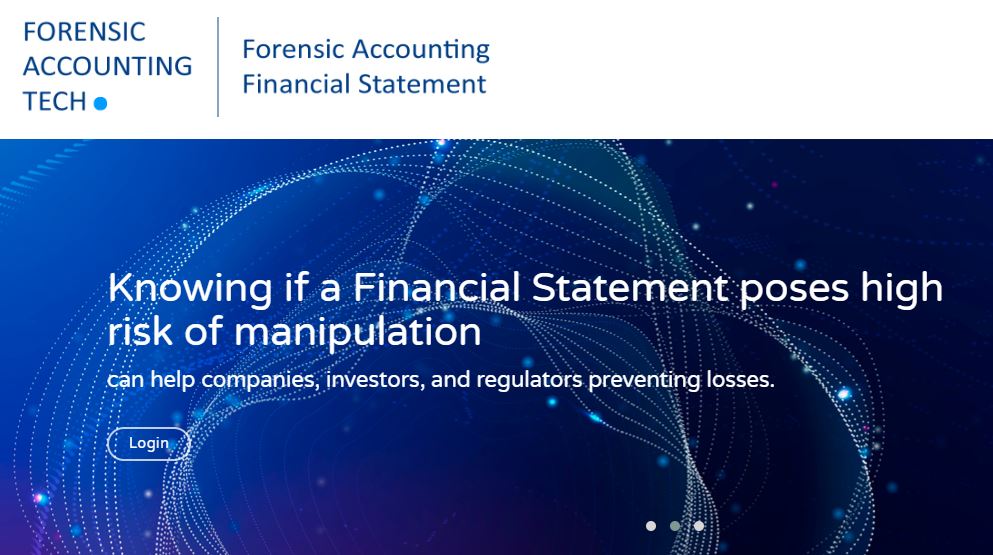
Protecting Your Business from Data Breaches: Lessons from the Finance Department Bungle

February 22, 2024
Introduction:
The recent data breach involving the Australian Department of Finance (published in the Australian Newspaper, 22 February 2024) serves as a stark reminder of the vulnerabilities businesses face in today’s digital landscape. The accidental release of sensitive information to competitors highlights the critical need for robust data security practices across all industries. This article examines the incident, and its implications for broader data and cybersecurity, and offers actionable steps businesses can take to protect themselves.
The Incident:
The Department of Finance inadvertently shared confidential information, including fee rates and contact details, of 400 service providers, including major firms like KPMG and Deloitte. This occurred via an “embedded” spreadsheet attached to an email intended to update individual fee schedules. Similar to a previous incident in the Department of Health, highlighting systemic issues within the Australian government’s handling of sensitive data.
Implications for Data and Cybersecurity:
- Human Error: This incident underscores the crucial role of human vigilance in preventing data breaches. Even with appropriate systems in place, human mistakes can have significant consequences.
- Third-Party Risks: Businesses rely on various service providers, introducing potential vulnerabilities within their data management practices. Assessing and mitigating these risks is crucial.
- Reputational Damage: Data breaches can severely damage a business’s reputation, leading to loss of trust, customer churn, and legal repercussions.
- Regulatory Compliance: Organizations must comply with data privacy regulations, and breaches can result in hefty fines and penalties.
Actionable Steps for Businesses:
- Implement a strong data security framework: This includes user access controls, data encryption, regular backups, and incident response plans.
- Regularly educate employees on data security: Train staff on proper data handling practices, phishing awareness, and reporting suspicious activity.
- Conduct risk assessments: Identify and prioritize potential vulnerabilities in your systems and data management processes.
- Secure third-party relationships: Evaluate the data security practices of your vendors and partners before establishing partnerships.
- Stay informed about emerging threats: Subscribe to industry publications and alerts to stay updated on the latest cyber threats and best practices.
Conclusion:
The Finance Department bungle serves as a valuable learning opportunity for businesses of all sizes. By prioritizing data security, employee education, and proactive risk management, organizations can significantly reduce the chances of falling victim to a similar incident. Remember, data security is an ongoing process, not a one-time fix. Continuous vigilance and adaptation are essential to protecting your business and its valuable information in today’s increasingly complex digital environment.
Related Insights






